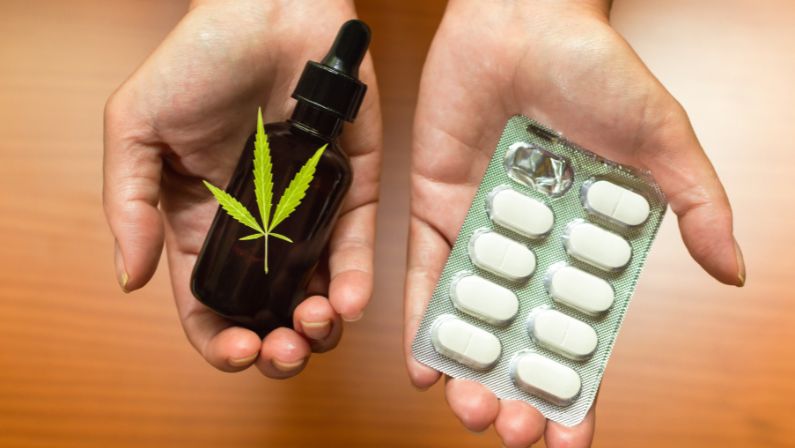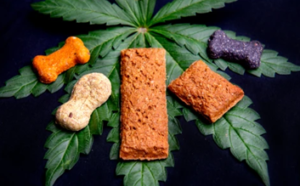CBD is a common medication for chronic pain and gives numerous health benefits that many can attest to. Despite lacking enough studies to prove its advantages, it remains a popular treatment option.
However, the intake of CBD needs careful consideration for those who undergo specific treatment plans for their existing medical condition.
While CBD may be beneficial in reducing specific symptoms, its interaction with other drugs may bring more harm than good to one’s health.
You must know what drugs should not be taken with CBD to avoid additional risks that may be detrimental to your condition.
Why you should be aware of CBD drug interactions?
Cannabidiol, mostly known as CBD, is an active ingredient of the cannabis plant. It is known to produce effects for reducing pain with its positive interaction with the body’s serotonin and cannabinoid receptors.
However, CBD can impact one’s health and bring serious side effects if it interacts with certain drugs.
You must consult with your physician regarding your interest in consuming CBD, especially if you have existing medical conditions that follow strict treatment guidelines.
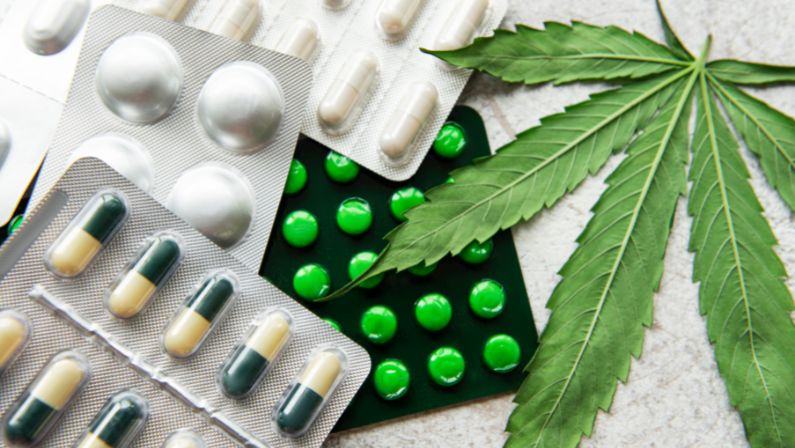
Does CBD react with medications?
CBD is broken down by CYP450, a large family of liver enzymes, just like other medications.
CBD can prevent the enzymes from doing their job if taken in high doses, potentially inhibiting the breakdown of other drugs. As a result, the interaction can increase the side effects of both CBD and certain medications.
Meanwhile, there are instances when CBD induces some enzymes of CYP450, resulting in the quick breakdown of drugs and their reduced effectiveness.
The following are the three main effects of CBD when it interacts with other drugs:
- Metabolization in the liver. CBD, combined with other drugs, can increase the risk of hepatic impairment and other side effects.
- Sedative effects. If CBDs are consumed in high doses, it can increase other drugs’ sedative effects, significantly impacting the central nervous system, serotonin receptors, and dopamine receptors. The medicines mainly affecting this phenomenon are barbiturates, opioids, and antidepressants.
- Anti-inflammatory properties. CBD may suppress the function of the immune system and may prevent other drugs from performing their intended position.
What medications should not be taken with CBD
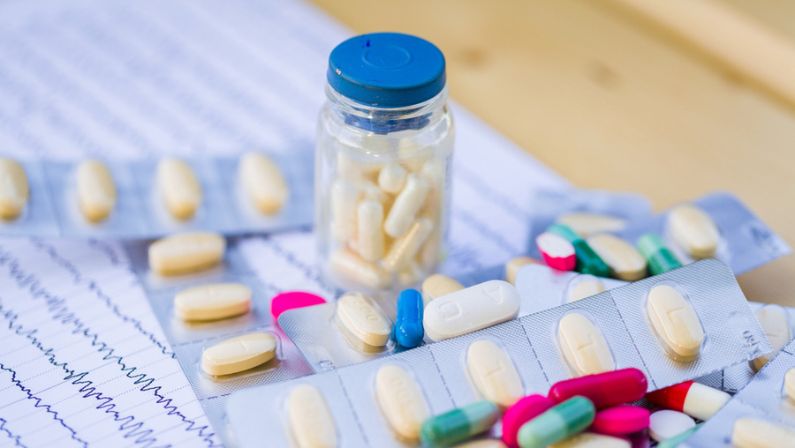
Antiepileptic drugs
While some antiepileptic drugs are primarily used along with CBD, certain types show adverse effects with CBD interaction.
Several drugs, including carbamazepine, phenobarbital, and oxcarbazepine, may affect CBD metabolism and its efficacy. Additionally, epileptic medication valproic acid can also result in high levels of enzymes which may lead to liver issues. Potential problems that may occur include live damage and toxicity.
Antidepressants
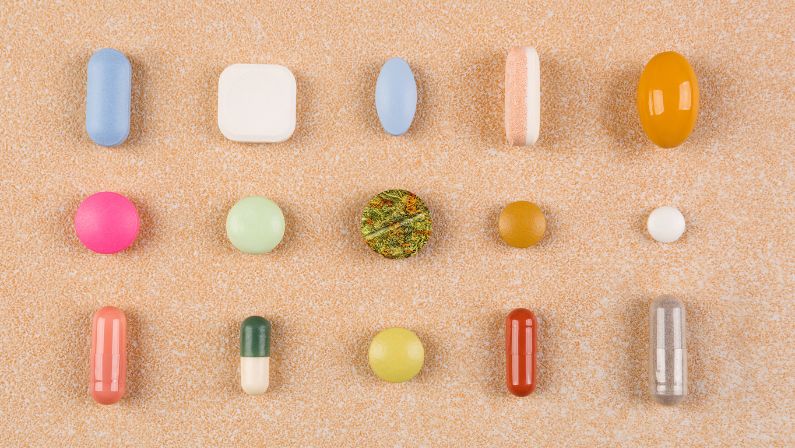
Benzodiazepines
Benzodiazepines are drugs that can treat anxiety, insomnia, and seizures. However, when combined with CBD, the drug increase blood levels, leading to a higher risk for side effects such as coordination issues and drowsiness.
Opioid analgesics
Blood thinners
Blood thinners, or anticoagulant drugs, are medications to reduce the alarming signs of heart attack and other heart complications caused by high blood pressure.
With CBD consumption, the effects of blood thinners may be blocked by the compound’s metabolism function in the liver, causing an increased risk of stroke.
Immunosuppressants
Proton pump inhibitors
Proton pump inhibitors are medications that reduce stomach acid production. CBD interaction can cause impact its functions if CBD interferes with the drug’s metabolism. CBD interaction can also potentially lead to side effects like diarrhea.
Certain antimicrobials
Blood pressure medications

Herbal and dietary supplements

Who is most at risk for CBD interactions?
People with existing medical conditions
If you have other conditions, such as liver disease, you must hold off on CBD consumption. Medical conditions that involve complications in different body organs pose a higher risk of drug interactions and can alter their effects.
Take precautionary measures if you have specific medical conditions and take them to your healthcare provider before taking CBD.
Older adults
The aging population has a higher risk for medical complications such as kidney and liver problems, which require specific medications.
The health of the body organs among adults also starts to decline, which alters the effectiveness of the drugs.
However, if there is CBD, the liver may function abnormally, leading to higher health risks and side effects.
Pregnant or breastfeeding women
CBD use for pregnant and lactating women is highly discouraged. The compound may affect the developing stages of the fetus and the baby and may result in abnormalities.
Does the type of CBD and its dosage make a difference?
Yes, there is a significant difference in the effects of CBD depending on its type, form, and dose.
- Inhaled CBD. Inhaled CBD works fast, under 30 minutes, and can potentially increase side effects.
- Edibles. Edibles travel to the bloodstream longer and may need higher concentration to affect one’s blood levels.
- Topical creams. Topical creams go through the skin before reacting to medications in the bloodstream.
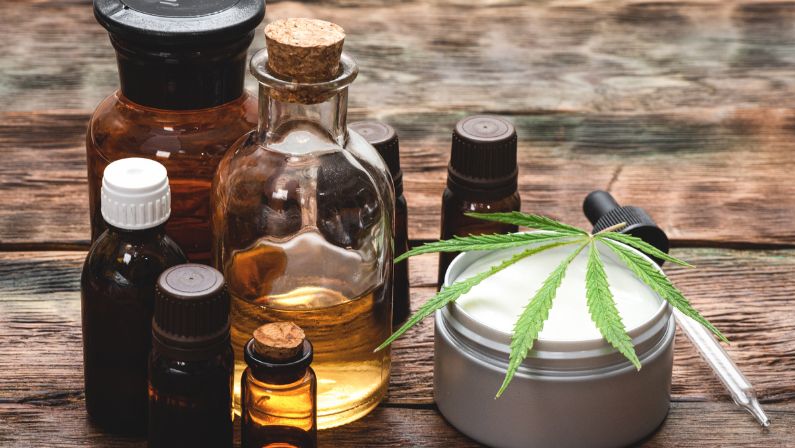
Do inhaled CBD and topicals reduce the risk of drug interactions?
Yes, CBD, taken in different forms, can lower the risk of interactions with other drugs.
Inhaled CBD
Topicals
Best CBD oils with minimal drug interaction
CBD oil is a product you can use if you want to enjoy the benefits of CBD without risking drug interaction side effects.
These products can be taken orally, sublingually, or through topical consumption and do not directly merge with drugs for specific medications.
To get the best CBD oil, check out Atmos Smoke for the finest and most trusted products developed by trusted manufacturers.
Call us or visit our shop to get your CBD products today.


